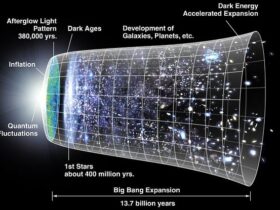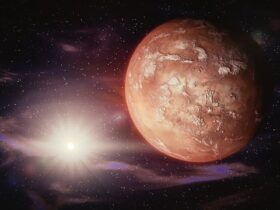The Age of Exploration, better known as the Age of Discovery, is one of the important ages in world history, roughly spanning from the 15th to the 17th century. It was the phase when bold explorers set forth into the unknown, stirred by curiosity, ambition, and the possibility of rich rewards. Their discoveries were to change the course of human history forever, interlinking continents, cultures, and economies in ways hitherto unimaginable.
I remember, as a child, running my eyes through old history books about the age of great explorers like Christopher Columbus, Vasco da Gama, and Ferdinand Magellan. Figures seemed larger than life then, venturing across the perils of an ocean with only their precarious maps, sheer determination, and dreams of finding a New World.
But what led to such a phenomenal age of exploration? Let’s delve into that aspect a little deeper.
The Spark Behind Exploration
The Age of Exploration did not occur overnight. It was driven by many factors, which included the yearning for spices, gold, and new routes of trade. At that time, Europe relied greatly on trade with Asia for such luxury goods as silk and spices. However, overland routes were hazardous and expensive.
This was an ambition of finding direct sea routes to Asia, especially by European kingdoms such as Portugal and Spain, which were now a reality with changes in technology like the magnetic compass, astrolabe, and improved ship designs.
Notable Explorers and Their Journeys
1. Christopher Columbus (1492)
This must have sounded so much like an adventure: going off into the vast blue from my schoolbooks. Supported by the Spaniards, Columbus was crossing the Atlantic with all vigor; he wanted to round his journey out toward Asia but found America. Though he did hope he reached the Indies, these journeys were far and away the starting point of the colonization processes on New Europe’s behalf.
2. Vasco da Gama (1497–1498)
Another name that stuck in my head was Vasco da Gama. He successfully found a sea route to India by rounding the Cape of Good Hope in Africa. This discovery made Portugal an instant dominant maritime power and opened richly lucrative trade.
3. Ferdinand Magellan (1519–1522)
Magellan’s expedition was the first in history to circle the globe. He himself did not survive the whole trip, but his crew did prove that the Earth is round and interconnected by immense seas.
The Impact of Exploration
When I think of the Age of Exploration, often I consider what in particular it shaped about the modern world. What comes to mind most is:
1. Cultural Exchange
Exploration brought about the exchange of ideas, goods, and culture. Crops such as potatoes, maize, and tomatoes made their way from the Americas to Europe, just as horses, wheat, and the diseases of smallpox migrated to the New World.
2. Economic Expansion
Weights of gold and silver began arriving from the Americas, making the wealth of Europe explode. Most of all, colonies provided resources and markets.
3. Conflict and Colonization
Unfortunately, there were much darker sides to exploration, too. The indigenous population was frequently decimated through disease and conflict, and European powers frequently made great exploitation of the lands they discovered.
Lessons from History
And this age provokes in my mind, till it becomes the better of me, this nagging question: what could have made these explorers stake all? Was it pure ambition, national pride, or richness? Perhaps all of those combined.
It’s this sense of adventure and curiosity to which we can all relate. Be it the exploration of a new city, learning some new skill, or even venturing into the unknown in personal life, there’s something innately human about wanting to discover and understand more.
In conclusion, the Age of Exploration was a period of colossal achievement and serious implication; in so many ways, it bridged the gap between the continents and cultures and set the scene for today’s interconnected world. As much as there is a growing need to recognize its dark underbelly, that too stands as tribute to the indomitable human spirit of adventure.
Reading them is always enthralling-the explorers, their tales of voyages. In fact, it really tends to make one feel that whereas on one hand, there might not be any clear-cut prospectus for every occurring event, then again, on the other hand, the world offers endless possibilities if only one will take sail.































Leave a Review